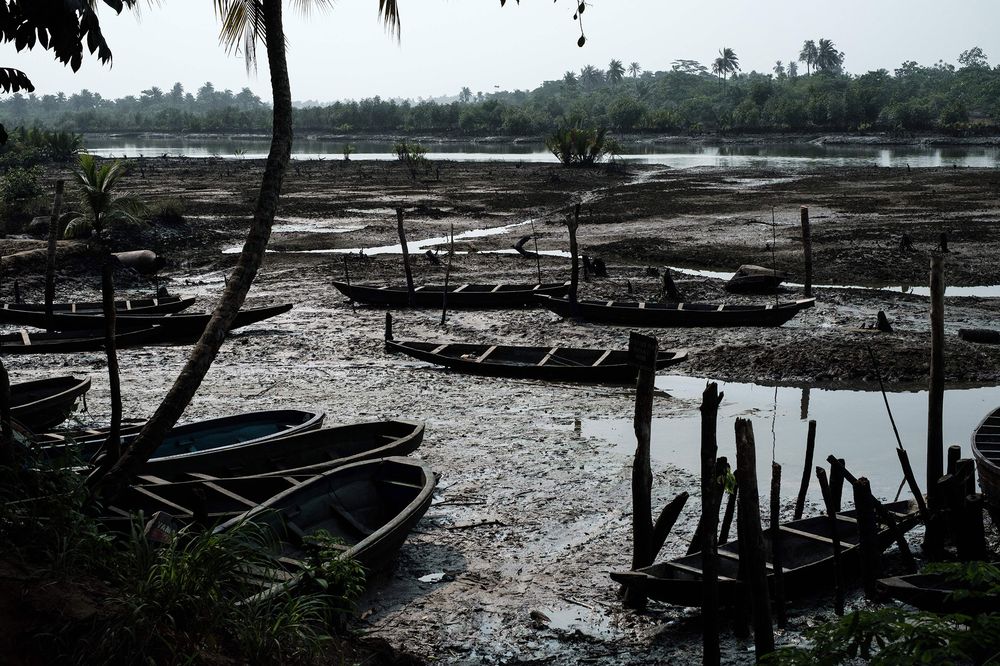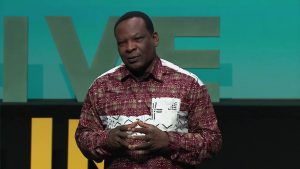- UNEP identified 21 impacted areas in Ogoniland

Godwin Uyi Ojo, executive director of Environmental Rights Action/ Friends of the Earth, Nigeria (ERA/FoEN) says a recent study the NGO carried out on the 21 sites being currently cleaned up by the Federal Government agency, Hydrocarbon Pollution Remediation Project (HYPREP), represent only 11 percent of the entire area identified by the United Nations Environment Programme (UNEP). Nigeria’s President Muhammadu Buhari represented by his vicet, Yemi Osinbajo, to great fanfare on June 2, 2016, launched the Ogoniland cleanup in Ogoni, although it took until January 2017 before engineers finally arrived. In 2011, the UNEP estimated that decontaminating Ogoni land could cost $1 billion or 880 million euros (N155 billion at $/N exchange $1=N155 in 2011) and take 30 years to complete. Ojo, speaking in Benin-City, Edo State, when his NGO launched a global report on the Ogoni clean-up, titled: "No clean up, No Justice," said ERA/FoEN undertook a two-month (March and April) survey of 17 out of the 21 impacted sites being cleaned up by HYPREP in Ogoniland, and discovered that the federal government cleanup of Ogoni is lagging behind. There is "lack of capacity by the HYPREP to conduct a proper (environmental) cleaning of a huge project such as Ogoni clean-up. "Based on regular field monitoring and evidence at our disposal, we have come to the conclusion that the federal government environmental legacy project which is the clean-up of Ogoni, is failing and lagging behind, because the Hydrocarbon Pollution Remediation Project (HYPREP) lacks the capacity to conduct a proper clean up. For the (Ogoni) clean up to succeed at a greater pace, we urge the federal government to urgently reorganize and completely overhaul the HYPREP apparatus, to ensure that it is able to deliver a truly significant clean up in Ogoni land," Ojo said. He warned that except there is a change of tactic for better results adopted by the federal government and HYPREP, the consequences would be that at the end of the Ogoni clean-up, huge sums of money would be announced as commitment into Ogoni clean-up, but more than 80 percent of Ogoni land and other spill-ravaged sites in the Niger Delta region would remain environmentally sullied. Life and living conditions would continue to be as bad as ever, and could get worse. A month ago, a women's group in Ogoni, Gbobia Feefeelo Gokana complained that, four years into HYPREP's much-vaunted clean-up of Ogoni land, their lives and that of their children, their livelihoods and health were still at great risk.

CREDITS:
Institut de l'Economie Positive, on YouTube.